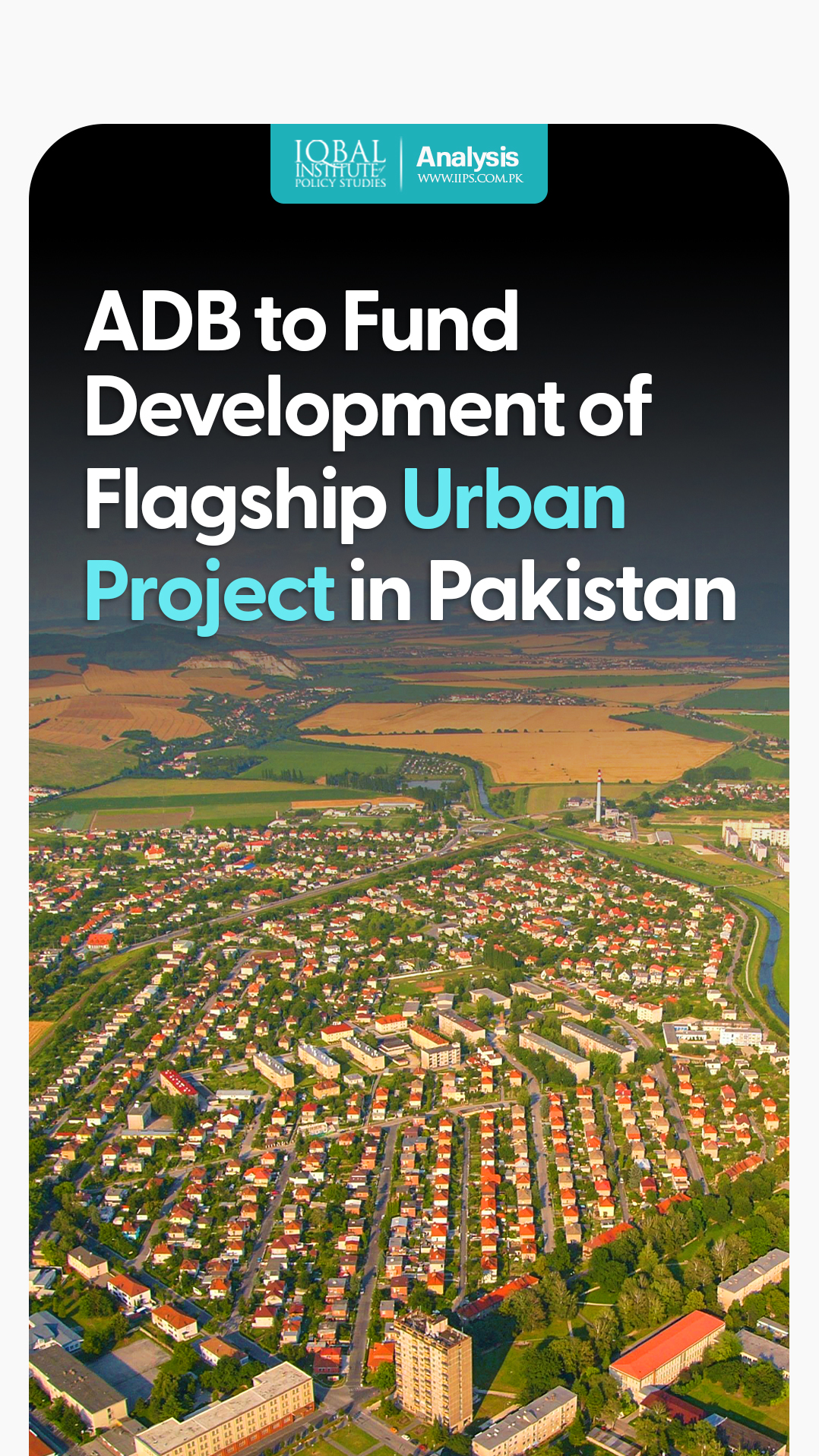Pakistan is observing the fastest rate of urbanisation in South Asia. With a massive increase in urban population, local governments must develop cities with proper urban planning. In Pakistan, a lack of urban planning can be seen in all major cities with the resulting detrimental effects on the environment. Urban development is a fundamental key to establishing a sustainable society. A well-planned urban settlement provides a solid framework for growth and positively impacts the economy.
Properly developed cities are a great tool for enforcing sustainable development and balancing the need for growth with nature conservation. Cities are considered the home of civilisation and economic development as they contribute about 80 per cent to the global GDP. However, with a population of 220 million people, Pakistan contributes only 0.34% to the world GDP. Looking at the importance of urban development, Pakistan should introduce master plans to develop cities for proper urban planning.
Recently, to improve Pakistan’s livability and community health, Asian Development Bank (ADB) has approved a loan of $385 million to construct two clean water supply treatment facilities and three sewerage treatment facilities, and rehabilitate dysfunctional tube wells, among other important subprojects in five Khyber Pakhtunkhwa, Abbottabad Kohat, Mardan, Mingora, and Peshawar. Under this project, more than 3.5 million people will be facilitated with improved access to clean and safe water, reliable and integrated waste management and sanitation services, green urban spaces, and gender-friendly urban facilities. About 150,000 households will get new connections to water supply systems and the installation of water meters. The project will provide strong, climate-resilient urban infrastructure combined with reliable services to benefit people and support sustainable development in the region.



Leave a Reply